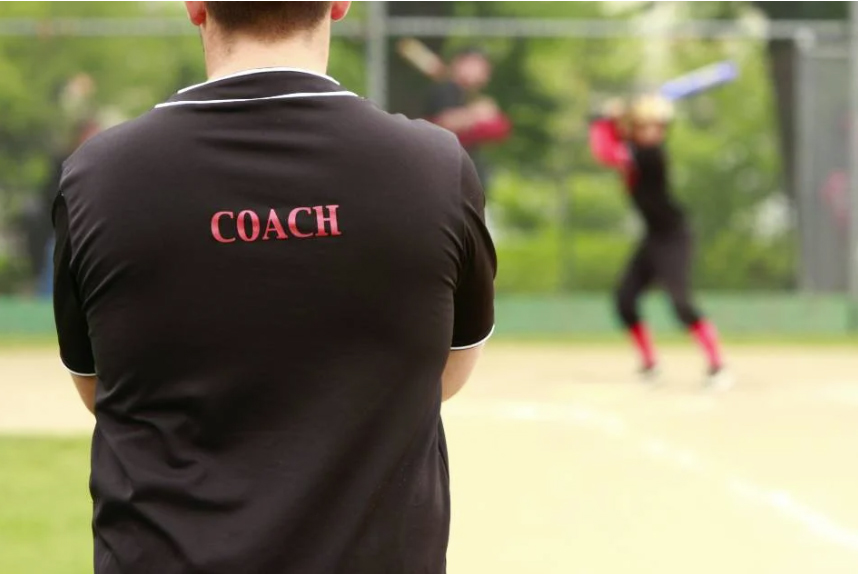
Excerpted from a StarTribune article by Briana Bierschbach and Mara Klecker
It took Annalie Peterson and a friend a couple of dollars and a few minutes on a background check website to find what her old high school apparently had not.
Peterson’s former volleyball coach had a criminal sexual conduct conviction in Wisconsin.
Peterson was stunned that her former school, North Lakes Academy in Minnesota, had hired someone with that history. The details of the case, involving the statutory rape of a 16-year-old girl the man coached on a basketball team, were eerily similar to her own.
The coach, now in prison for assaulting Peterson and another North Lakes student, clearly had a pattern.
“I think that’s when I actually felt like a victim,” Peterson said.
Minnesota schools’ handling of background and reference checks for teachers and employees is at the center of two high-profile lawsuits, including one from Peterson alleging that North Lakes Academy didn’t do enough to vet the coach’s background to protect students from a convicted sex offender. A separate case going before the state Supreme Court this week could determine whether districts and charter schools are liable when someone with a problematic past is hired and goes on to abuse students.
The state requires criminal history background checks as part of teacher licensure, and it mandates that districts request such a check during the hiring process. The districts can either go through the state Bureau of Criminal Apprehension (BCA) or through a private agency contracted by the school, which is what North Lakes Academy did when hiring the coach.
In Minnesota, the rest of the hiring protocol is largely left up to individual school districts — many of which are scrambling to fill openings amid widespread staffing shortages.
“The whole hiring process varies from district to district and state to state,” said Jimmy Adams, executive director of the National Association of State Directors of Teacher Education and Certification (NASDTEC). “Each location has its own processes and procedures that should be followed, but enforcement can fluctuate.”
A case ‘we lose sleep over’
At the center of the Supreme Court case are allegations that Harvest Best Academy failed to protect students in its network of north Minneapolis charter schools when it hired a teacher and coach who had been accused of sexual assault by a student at a different school.
No criminal charges were filed against the teacher while he worked at Excell Academy — a Brooklyn Park charter school — but he was put on administrative leave after the allegations and the school didn’t renew his contract.
Not long after, Harvest Best’s principal hired the teacher to be a physical education teacher and volunteer basketball coach. He cleared a background check, but the school didn’t contact Excell or other previous employers, according to court records.
In 2020, a student reported that the teacher/coach sexually assaulted him while he stayed at the teacher’s home. The teacher is now serving a 12-year prison sentence for assaulting four pre-teen boys he coached over the span of several years and jobs, and the school is being sued for alleged negligence in failing to follow its own hiring protocols.
Molly Burke, an attorney with Jeff Anderson and Associates working on the case, added: “You ask one question: Would you hire this person again? You get a ‘yes’ or a ‘no,’ and it tells you everything you need to know.”
For the full story, please click here.
